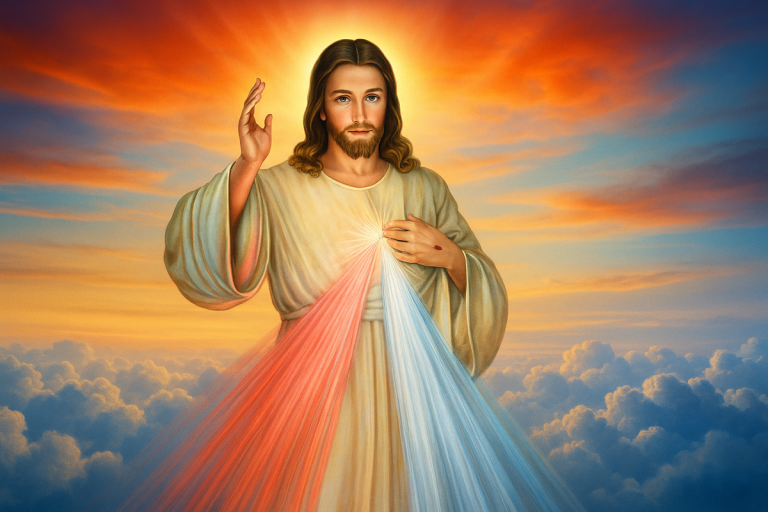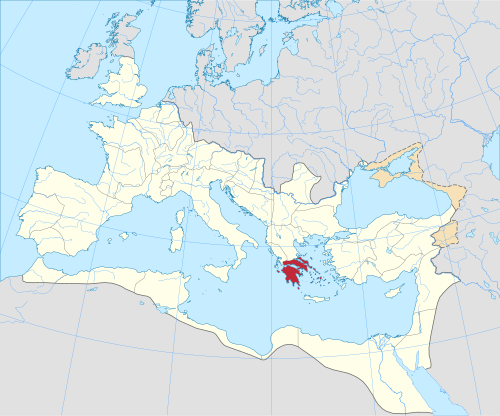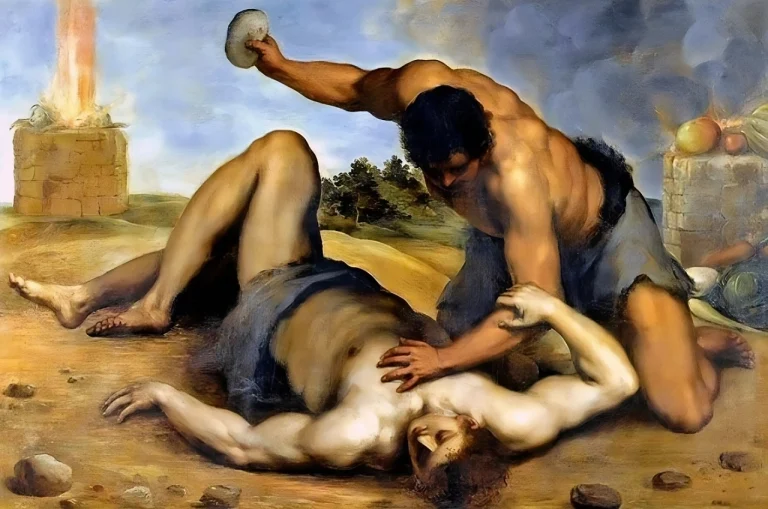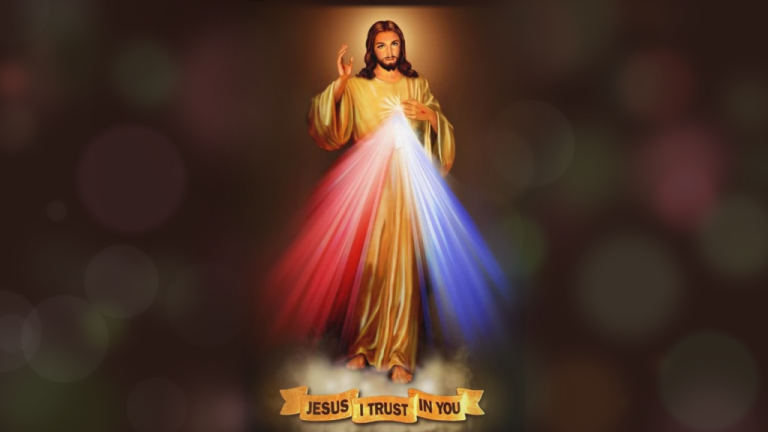It’s amazing how frequently Masons are accused of plotting. I don’t know many Masons. The ones I do know seem to be hard-working people too busy to spend a lot of time plotting. Nearly all the Masons I know are Protestants, and are active in their churches. At one time, people were so worried about Masonic plots that there was an Anti-Mason Party, comprised of people who were deeply worried about both Masons and their plots.
Catholics are not allowed to be Masons. I know only one who is. “It’s all right for American Catholics to be Masons.”, he explained, without providing a theological source for what other Catholics might conclude is a theologically risky decision.
It’s not uncommon to find references that Masonic plots were behind the French Revolution. I just started to read a four volume history of The French Revolution. It was written by a former Prime Minister of France, M. A. Thiers, and translated into English. The publisher makes the point that many people who’d participated in the Revolution who were still alive when Mr. Thiers wrote his account, first published in 1843 but worked on for at least several years earlier. Their first-hand knowledge of the details helped him write a more accurate account than would have otherwise been possible.
There have been accusations that not only the Masons, but also that the King’s own cousin, the Duke of Orleans, Prince of the Blood, and vicious opportunist, was involved, as well.
(As an aside, we should refuse to make ourselves even a tiny part of French pretentiousness by refusing to misspell his title as the “Duc D’ Orleans”. And, we must not pronounce his name in any way but by using the two short syllables of his name as “or-leans”. English-speakers in general, and Catholics, in particular, have a duty to stop encouraging the ostentatious French pronunciations that are perfectly illustrated by their eye-rolling habit of saying the Duke’s last name with showy, stretched-out, three (or, four!) syllable pronunciations that are replicated by saying “Oahr-lee-ohans”, or, even worse, “Oahr-lee-oh-ahns.”.
While on the subject of Gallic pretense, we must be equally vigilant to never, never use the phrase, “In the South of France” to describe the Southern portion of that nation. To do so is to be drawn into their wallow of pretentiousness. We do not say “The South of Florida”, or “The South of The United States.” Canadians, many of French descent, do not insist upon telling us that their beautiful city of Toronto is in “The South of Canada”. If we are to embrace even the third part of “Liberty, Fraternity, Equality” so beloved by those who were responsible for abusing royal corpses (described in Monday’s column), as well as abusing their own linguistic heritage, those regions should be described as “Southern France”, just is the Southern portion of every other location on earth but the South Pole.
This may be the only concern on earth that could justify the existence and intervention of United Nations, were it an organization of the blessed. It will be remembered, possibly by more than a few of us Catholic Fundamentalists, that the Book of Revelation speaks of the dragon, beast, and false prophet, all of whom had frog-like spirits emerge from them. The symbolism: almost blatant.)
The Duke of Or-leans, has been accused of orchestrating the overthrow of his cousin, Louis XVI. He is alleged to have worked so successfully behind the scenes, bribing soldiers to turn traitor, printing vicious, pornographic, scatological pamphlets demeaning and dehumanizing the Queen while manipulating the Paris mob to riot at his command that he became the reason for the regicide that was followed by Napoleonic excesses in which God punished the nation that killed His chosen King by wiping out an entire generation of French men at the hands of the Corsican butcher who willingly and eagerly did the will of the Commune.
Tying the two alleged plots together, one by the Masons and one by the Duke of Or-leans, was the surprising information on page 23 of the first of the four volumes of Mr. Thiers that, before the Revolution, The Duke of Or-leans had been, somehow, put in charge of all the Masonic lodges in France. Mr. Thiers, so far, has described neither the process nor the person who was behind the Duke’s notable promotion to such a powerful post.








